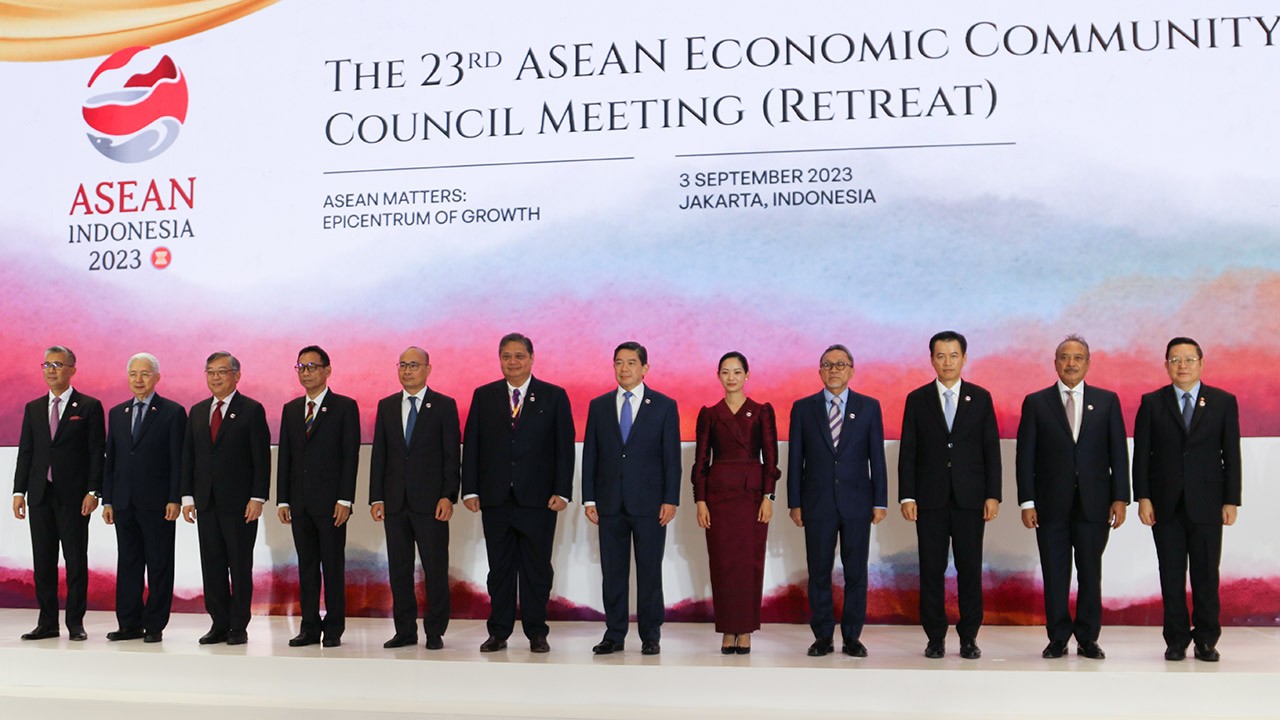 |
| On the eve of the 43rd ASEAN Summit in Jakarta, on September 3, delegates attended the 23rd ASEAN Economic Community Council (AECC) Meeting. |
On the eve of the 43rd Association of Southeast Asian Nations (ASEAN-43) Summit in Jakarta, on September 3, the 23rd ASEAN Economic Community Council (AECC) Meeting focused on discussing 16 priority economic initiatives (PEDs) of the Indonesian Chair in 2023.
This year, the economic pillar includes 16 PEDs under three “strategic drivers”, namely Reconstruction and Recovery (rebuilding regional growth through market connectivity and enhancing competitiveness); Digital Economy (accelerating digital transformation and inclusive digital economic participation); and Sustainable Development (promoting sustainable economic growth for a resilient future).
To date, six PEDs under the “strategic drive” of Reconstruction and Recovery have been completed, including the ASEAN Services Facilitation Framework (ASFF); Promoting recovery, ensuring economic and financial stability and resilience; ASEAN Leaders’ Statement on enhancing food and nutrition security in response to crises; signing the Second Protocol amending the ASEAN-Australia-New Zealand Free Trade Area (AANZFTA); establishing the Regional Comprehensive Economic Partnership (RCEP) Implementation Support Unit within the ASEAN Secretariat; and the ASEAN Industrial Project Initiative Exchange Framework.
In addition, the five PEDs under the Digital Economy “strategic driver” include the full implementation of the e-Form D Certificate of Origin through the ASEAN Single Window; Enhanced payment connectivity, knowledge dissemination and digital financial inclusion to support inclusive economic growth and enhance financial sector resilience; Leaders’ Statement on the Establishment of the ASEAN Digital Economy Framework Agreement (DEFA); Regulatory Pilot Space to Facilitate Cross-Border Digital Data Flows to Enable Self-Driving Vehicles in ASEAN; and the ASEAN Logistics Framework for Digital Economy Supply Chains in Rural Areas. Two of the five PEDs have been completed, while the remaining are still under implementation.
Meanwhile, the third “strategic driver” - Sustainable Development - includes 5 PEDs: Roadmap for Harmonization of ASEAN Standards to Support the Implementation of Sustainable Development Goals (SDGs); Development of Electric Vehicle Ecosystem, Building the ASEAN Blue Economy Framework; Promoting Transition Finance to Support Sustainable Finance and Green Economy; and Declaration on Sustainable Energy Security through Interconnection. Currently, 3 of these 5 PEDs have been completed, while the remaining 2 PEDs are still being implemented.
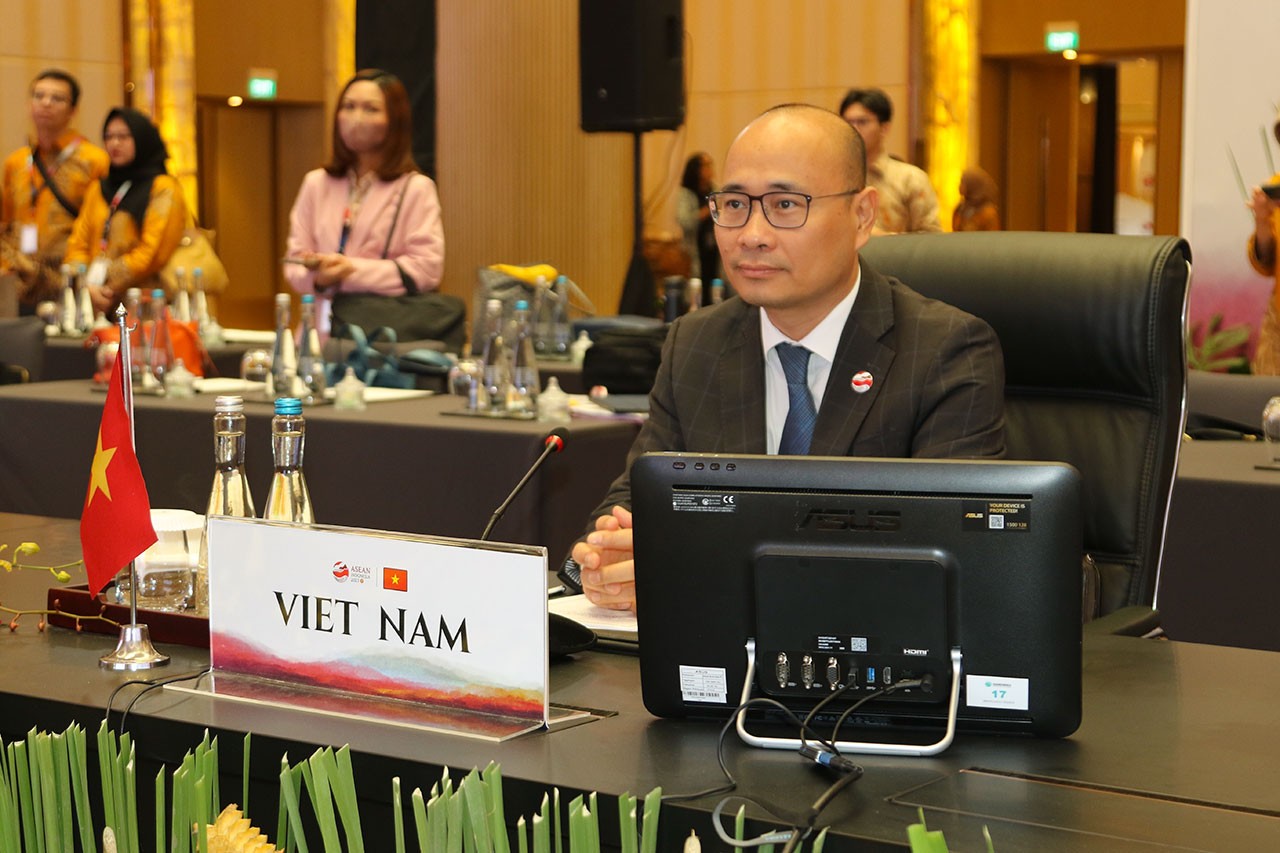 |
| Vietnamese delegation attends the 23rd ASEAN Economic Community Council (AECC) Meeting. |
According to Susiwijono Moegiarso, Secretary of the Coordinating Ministry of Economic Affairs of Indonesia, 11 out of 16 PEDs are expected to be completed at the 43rd ASEAN Summit. Meanwhile, the remaining 5 PEDs will be completed soon in the fourth quarter of 2023.
Mr. Susiwijono also revealed further developments related to the electric vehicle (EV) ecosystem and the ASEAN Digital Economy Framework (DEFA). According to the official, to develop the EV ecosystem, ASEAN is promoting common regional standards, such as charging stations, as well as enhancing cooperation with other countries.
The DEFA is expected to be unanimously approved by the AECC ahead of the 43rd ASEAN Summit, opening a new chapter in regional digital economic integration. The agreement is expected to help attract investment, encourage innovation, increase productivity, create quality jobs and promote micro, small and medium enterprises (MSMEs).
Source


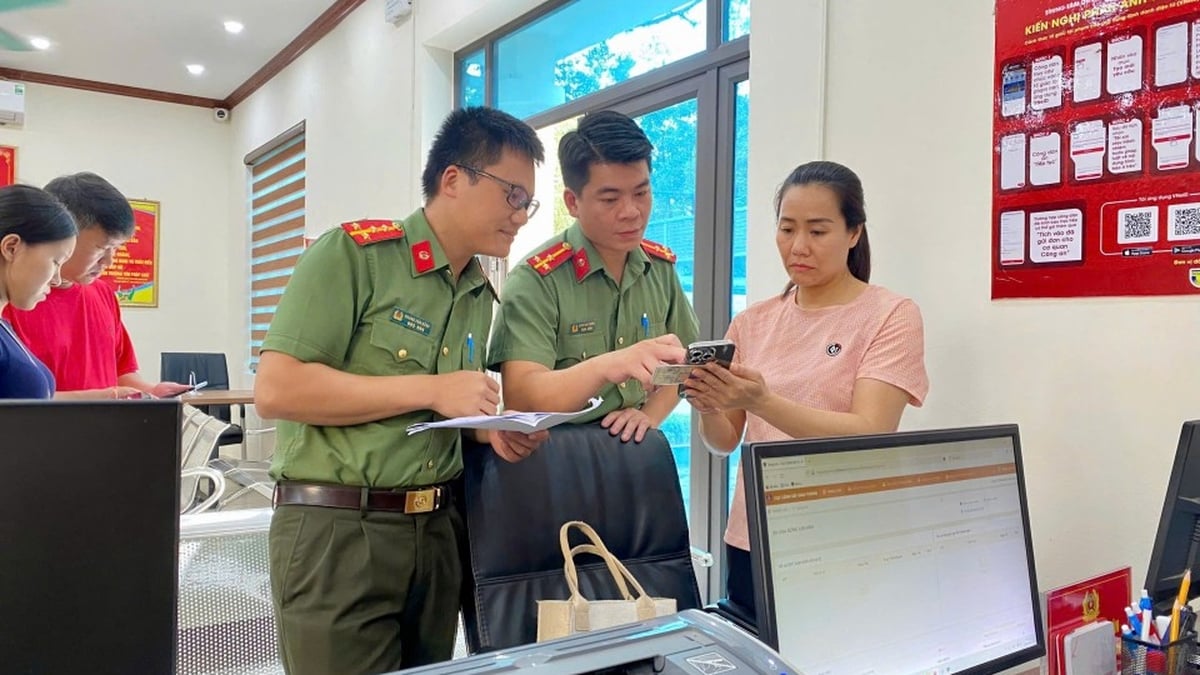
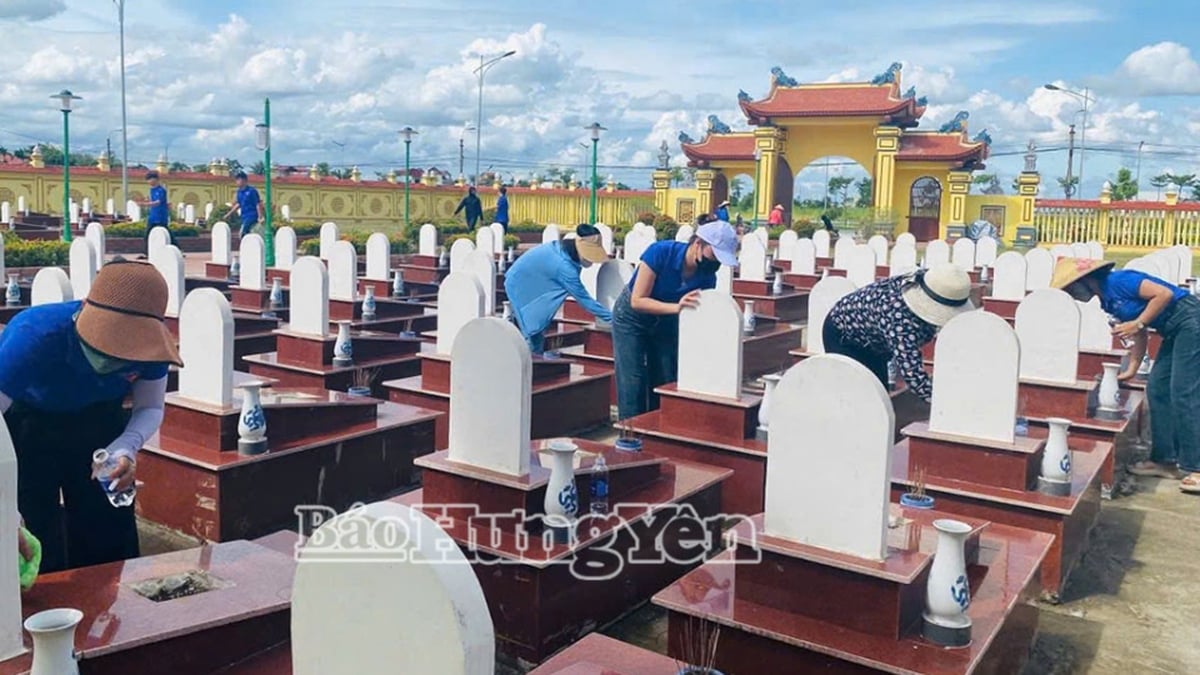
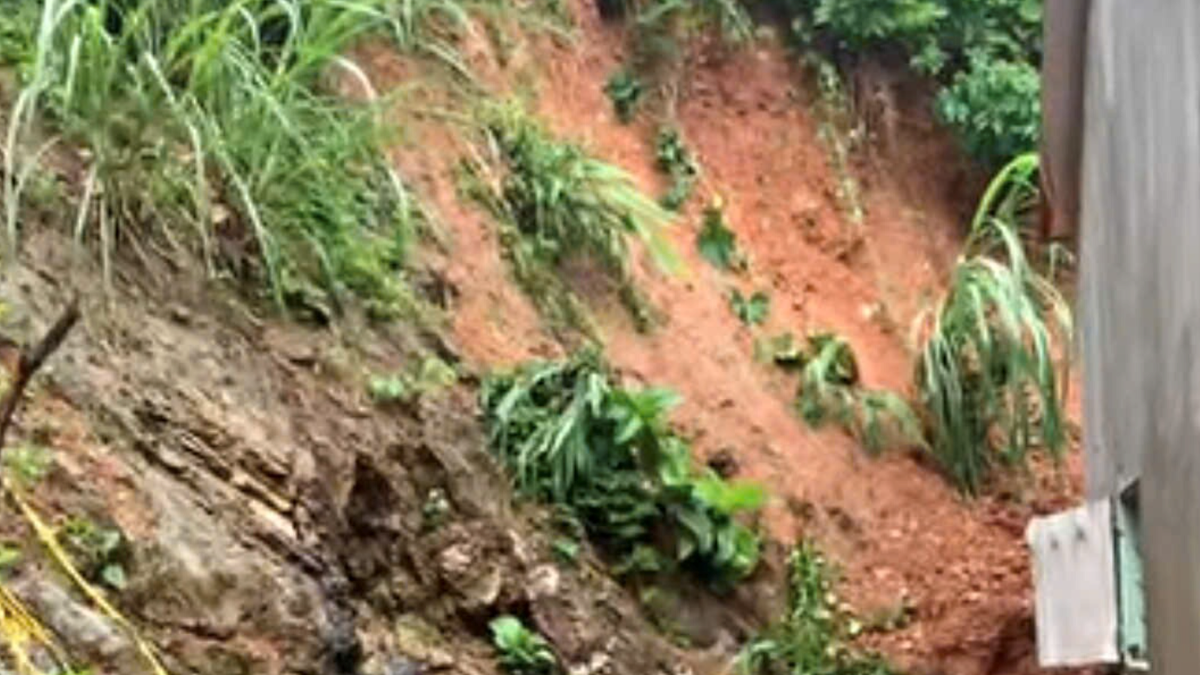

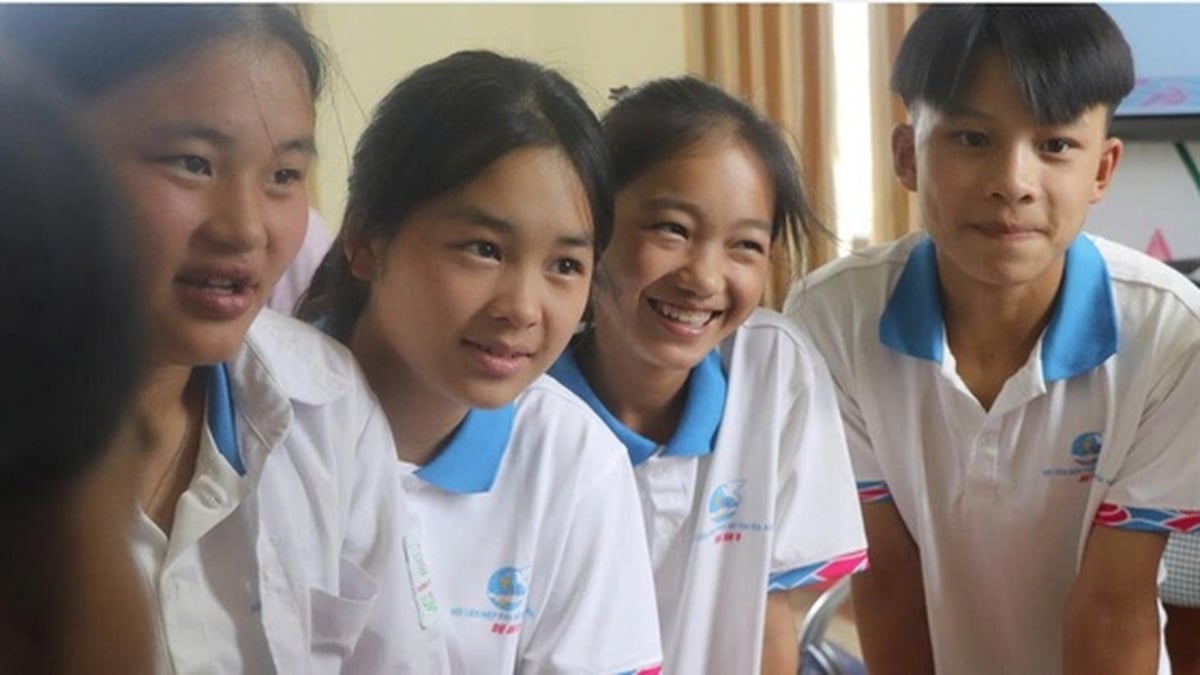
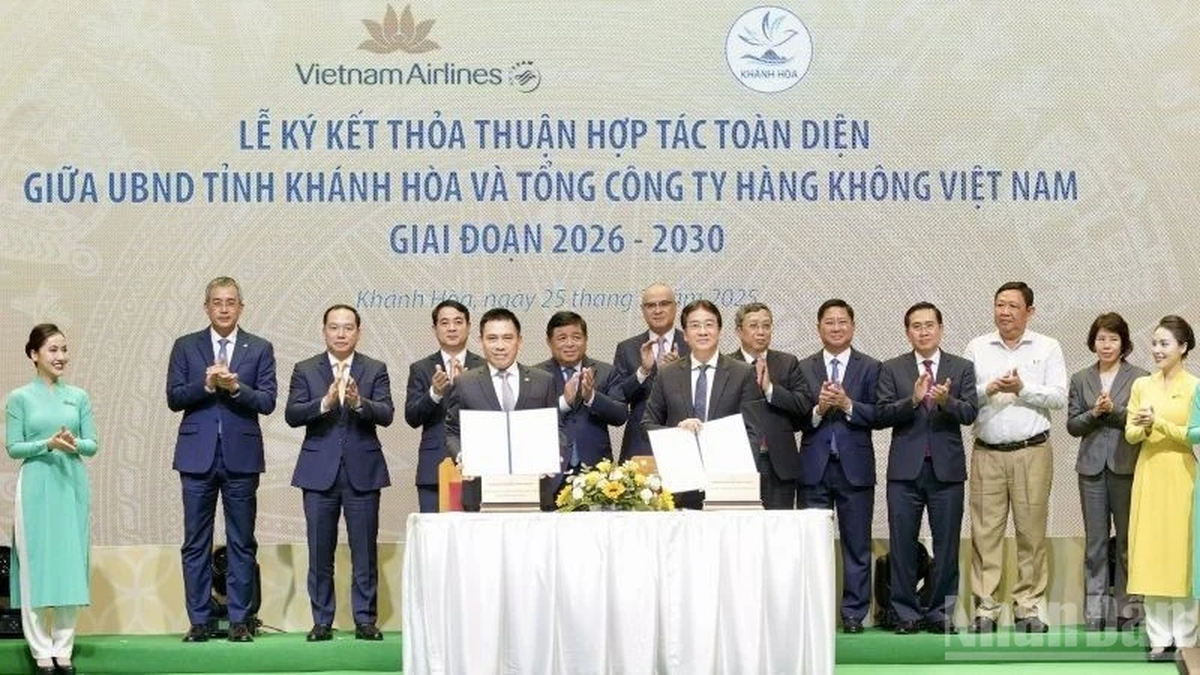
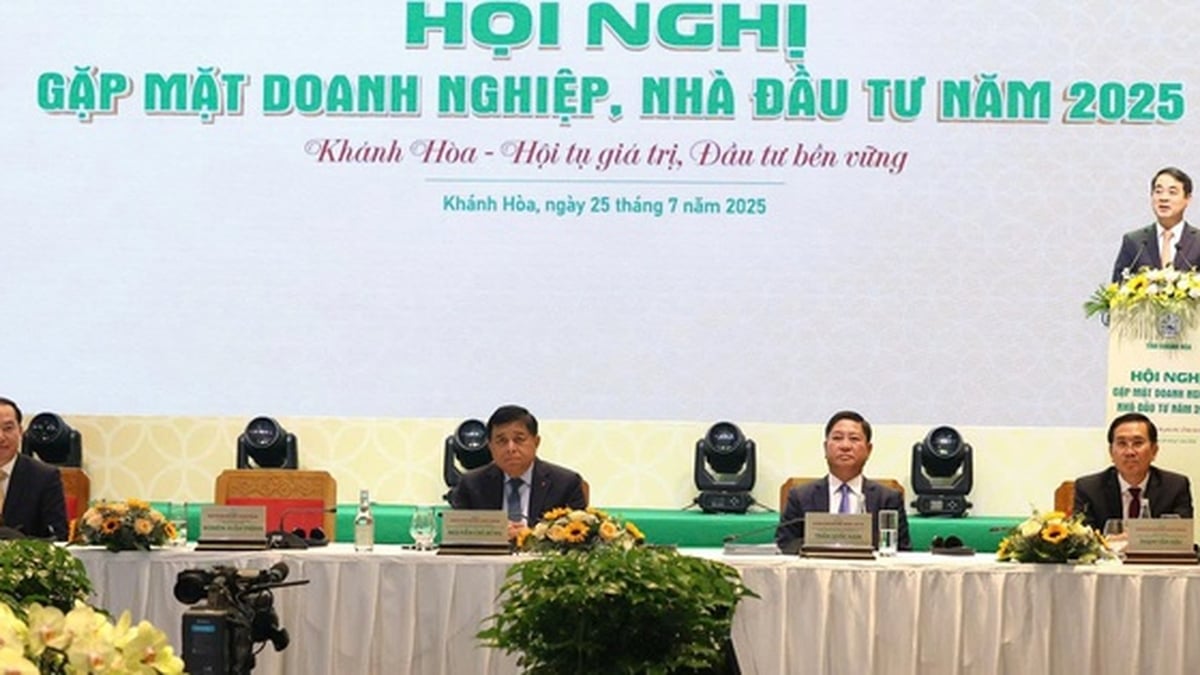
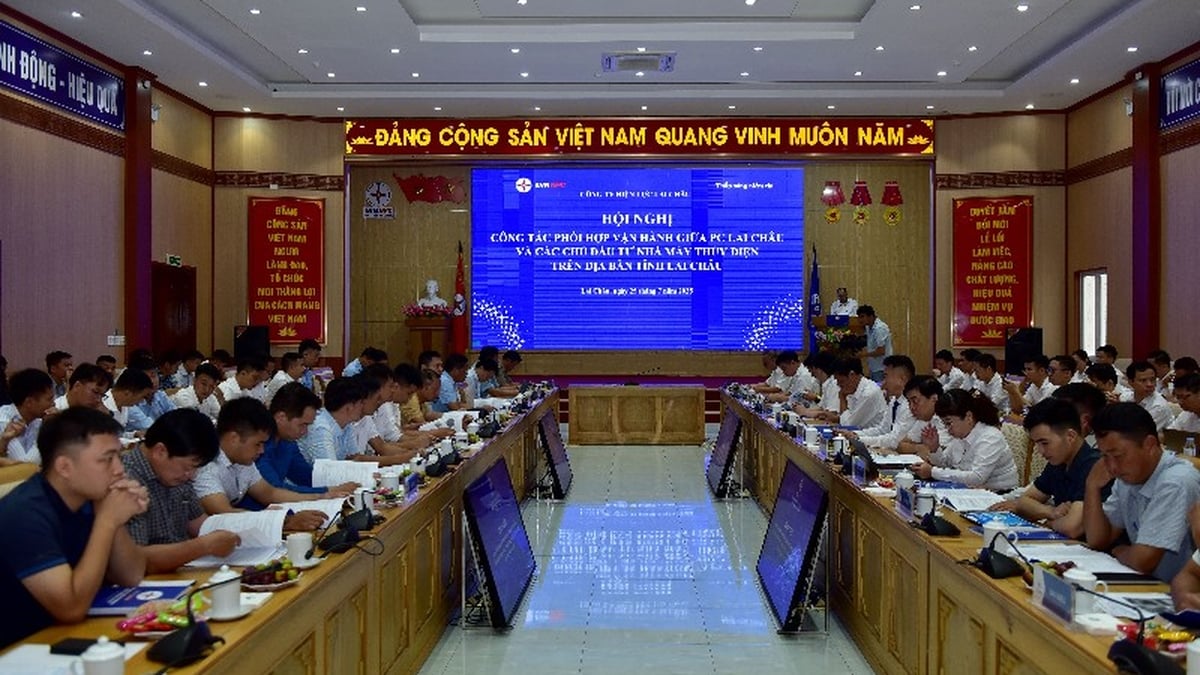













![[Photo] Signing of cooperation between ministries, branches and localities of Vietnam and Senegal](https://vphoto.vietnam.vn/thumb/1200x675/vietnam/resource/IMAGE/2025/7/24/6147c654b0ae4f2793188e982e272651)















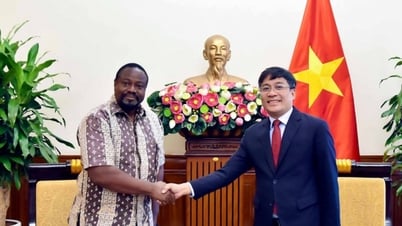
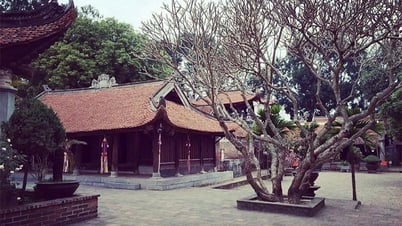










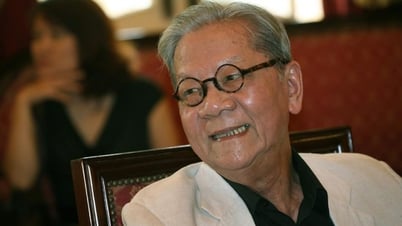










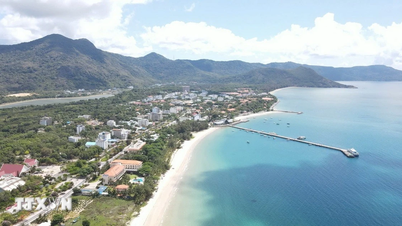
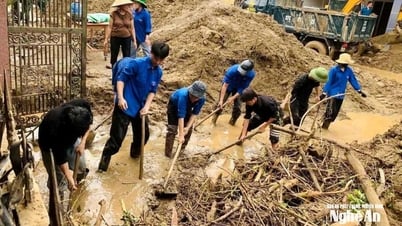

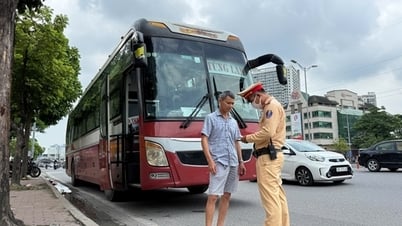



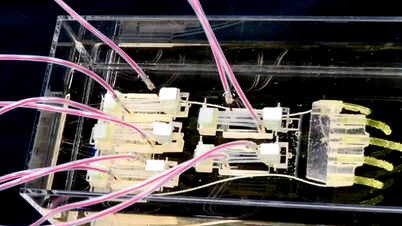
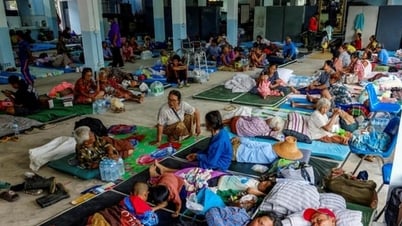

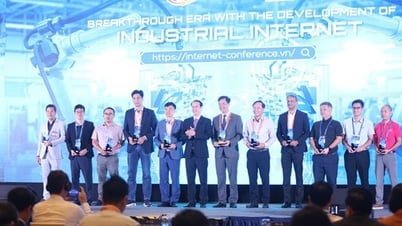

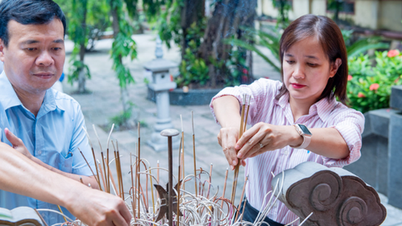
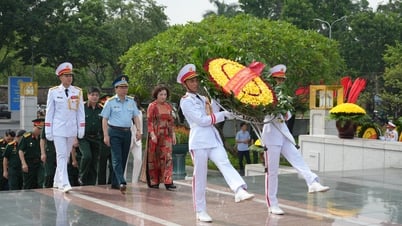

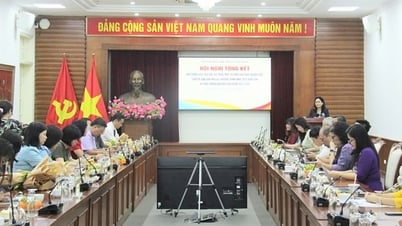

























Comment (0)